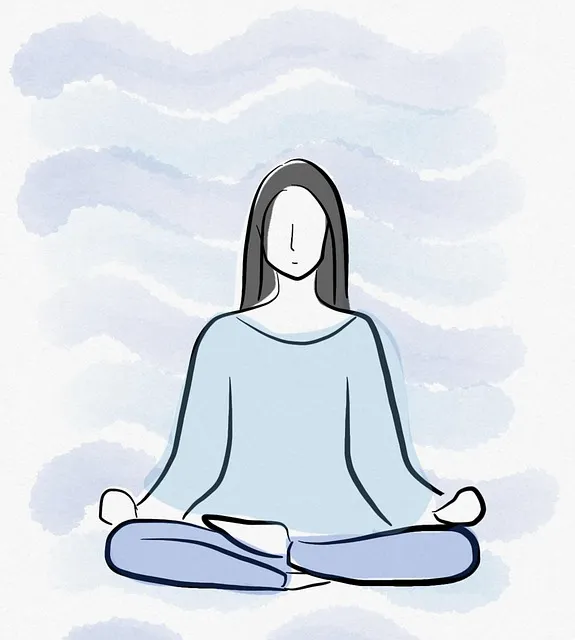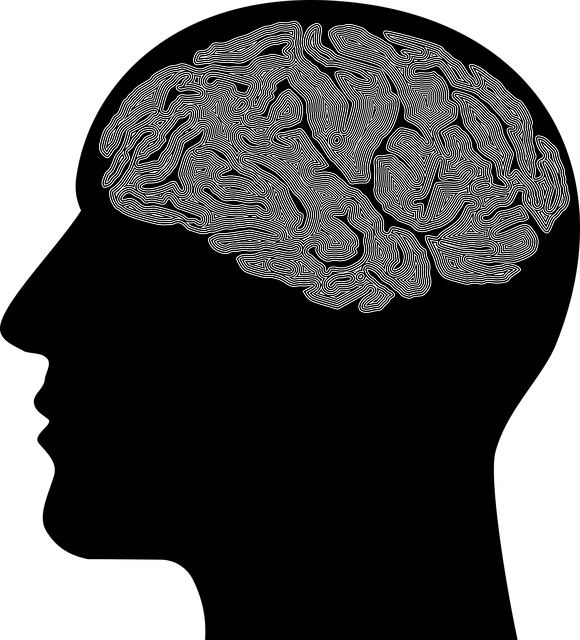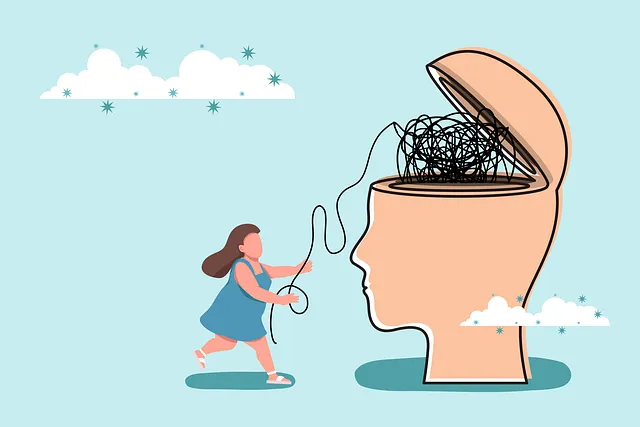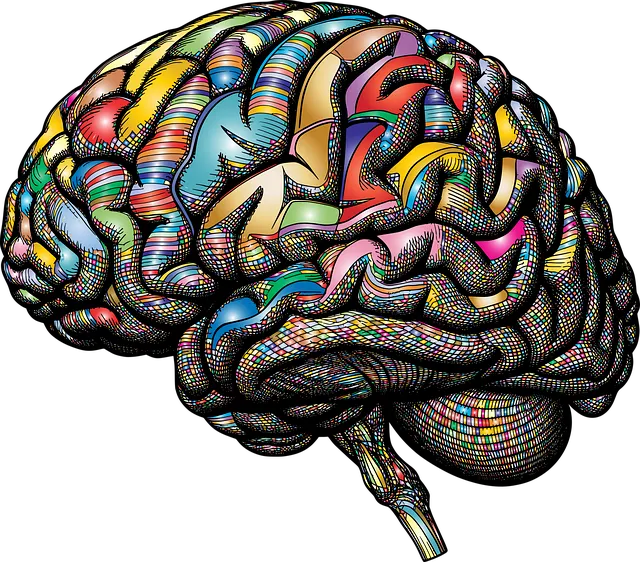The Golden Kaiser Permanente mental health center promotes mindfulness meditation as a powerful tool for enhancing mental well-being, reducing stress, anxiety, and depression. By focusing on breath and bodily sensations, individuals gain self-awareness and emotional regulation. The center offers guidance on incorporating brief, consistent practices into daily routines, improving conflict resolution skills and overall resilience. Overcoming challenges like time constraints or trauma through support services enhances the benefits of mindfulness meditation for long-term mental health.
Unwind your mind and embrace tranquility with our comprehensive guide to mindfulness meditation. This practice, backed by the expertise of the Golden Kaiser Permanente Mental Health Center, offers a powerful tool for enhancing mental well-being. We’ll explore its benefits, provide step-by-step instructions, and share practical tips for daily integration. Learn strategies to overcome challenges and maintain consistency, transforming your meditation journey into a sustainable path towards inner peace.
- Understanding Mindfulness Meditation: A Foundation for Mental Well-being
- Golden Kaiser Permanente Mental Health Center: Your Guide to Effective Practice
- Creating a Mindful Routine: Tips and Techniques for Daily Integration
- Overcoming Challenges: Strategies for Maintaining Consistency in Meditation
Understanding Mindfulness Meditation: A Foundation for Mental Well-being

Mindfulness meditation is a powerful tool for cultivating present-moment awareness and fostering mental well-being. At the Golden Kaiser Permanente mental health center, we emphasize its foundational role in enhancing overall mental health. By focusing on breath and bodily sensations, practitioners develop self-awareness exercises that promote calmness and clarity. Regular practice can significantly reduce stress, anxiety, and even depression, as supported by numerous studies in the field of mental wellness journaling exercise guidance.
This ancient technique encourages individuals to observe their thoughts without judgment, creating a sense of detachment from negative or distracting feelings. For mental health professionals, incorporating mindfulness into their risk management planning is invaluable. It enables them to stay grounded and present during interactions with clients, fostering deeper connections and more effective therapeutic outcomes. Through dedicated practice, one can unlock the benefits of mindfulness meditation, leading to improved emotional regulation and enhanced life satisfaction.
Golden Kaiser Permanente Mental Health Center: Your Guide to Effective Practice

The Golden Kaiser Permanente Mental Health Center offers valuable insights into cultivating mindfulness through meditation practices. It serves as a comprehensive guide for individuals seeking to integrate self-care routines for better mental health. By incorporating daily meditation, one can enhance their overall well-being and develop effective coping mechanisms.
This center emphasizes that mindfulness meditation is not just a practice but a powerful tool for personal growth. It encourages individuals to embrace moments of stillness, enabling them to improve focus and cultivate a deeper sense of self-awareness. Moreover, regular meditation sessions contribute to better stress management and emotional regulation, which are essential components of self-care practices. Social skills training is also integrated into their programs, recognizing the interconnectedness between mental health and interpersonal relationships.
Creating a Mindful Routine: Tips and Techniques for Daily Integration

Incorporating mindfulness into your daily routine can significantly enhance mental well-being, as advocated by renowned centers like Golden Kaiser Permanente mental health center. Starting small and consistently practicing is key to reaping the benefits. Begin with dedicating just 10 minutes each day for meditation. Choose a quiet space where you won’t be disturbed; it could be your bedroom or even a cozy corner in your office. Set a reminder if necessary to ensure you don’t forget this daily practice.
Consider making it a morning ritual to set an intention for the day, promoting positive thinking and better conflict resolution techniques. As you meditate, focus on your breath, allowing thoughts to come and go without judgment. This simple yet powerful practice can help manage stress and improve overall mental resilience. Over time, expand your mindfulness routine to include activities like mindful walking or eating, making it an integral part of your day-to-day life.
Overcoming Challenges: Strategies for Maintaining Consistency in Meditation

Overcoming challenges is a significant aspect of maintaining a consistent meditation practice. Many individuals face similar hurdles when it comes to integrating mindfulness into their daily routines. At the Golden Kaiser Permanente mental health center, we understand these barriers and offer valuable resources for navigating them. One common challenge is time constraints; with busy schedules, finding moments of peace can seem daunting. However, even short meditation sessions have profound benefits. Starting with just 5-10 minutes each day and gradually increasing the duration can make this practice more accessible.
Additionally, trauma or past experiences can impact an individual’s ability to meditate. The Risk Assessment for Mental Health Professionals highlights the importance of addressing these issues through Trauma Support Services. Developing coping skills is essential in such cases, as it enables practitioners to approach meditation with a healthier mindset. By utilizing various techniques, including mindfulness exercises and self-care strategies, individuals can create a safe space for themselves, fostering a more positive relationship with the practice over time.
Mindfulness meditation, as guided by the practices and insights from the Golden Kaiser Permanente Mental Health Center, is a powerful tool for enhancing mental well-being. By understanding its foundation, creating an integrated routine, and overcoming challenges, individuals can harness the benefits of this ancient practice in their daily lives. With consistent effort, mindfulness becomes a dance with the present moment, fostering clarity, resilience, and a deeper connection to oneself.


